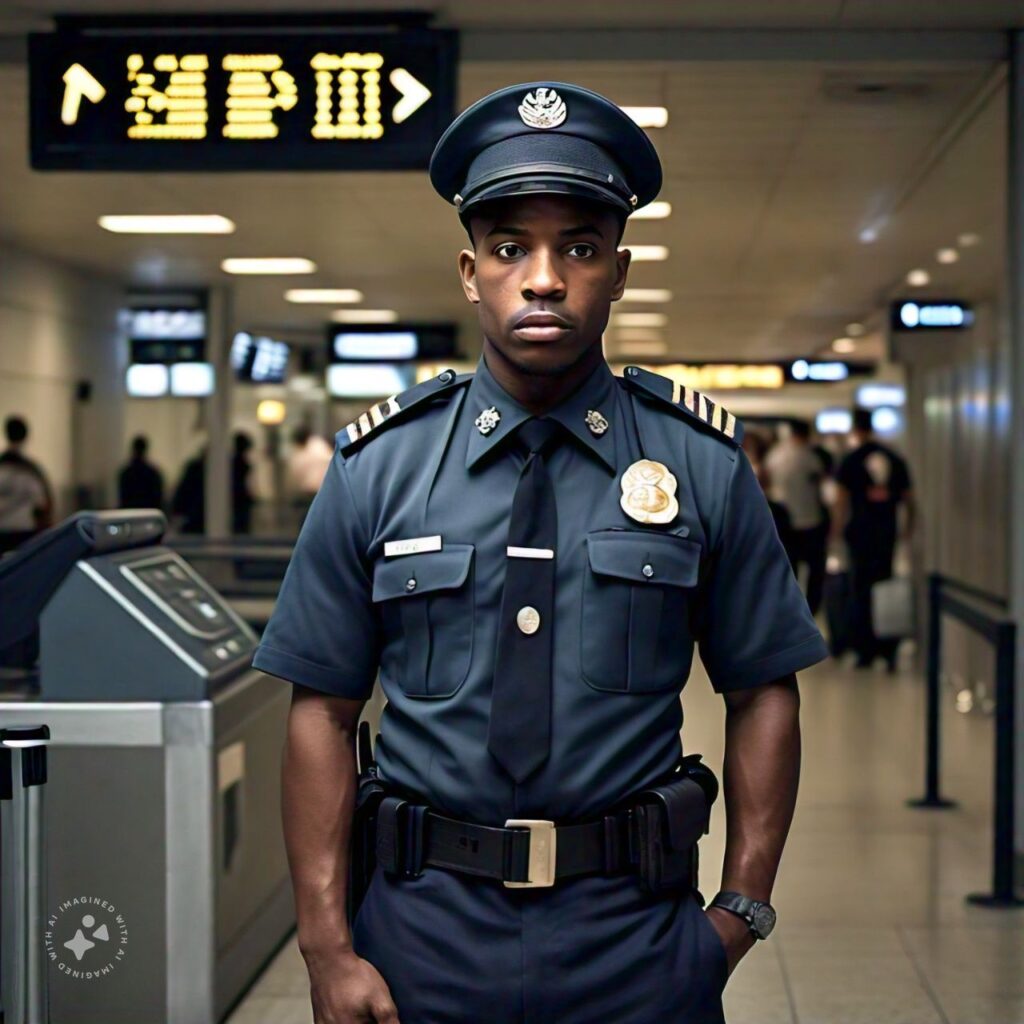The Role of Security Guards in Airport Security
Ensuring the safety of millions of travelers, staff, and infrastructure is a task that rests heavily on the shoulders of airport security guards. Their responsibilities range from passenger screening and baggage inspection to managing emergency situations and assisting law enforcement. As the first line of defense, security guards work alongside advanced technology and collaborate with other authorities to ensure airport environments remain secure. Below is an in-depth exploration of the critical role these professionals play in maintaining airport security.
Passenger Screening and Baggage Inspection
One of the most important tasks of airport security guards is assisting in the screening of passengers and their luggage. Using cutting-edge equipment like X-ray machines and metal detectors, they help identify prohibited items such as weapons or hazardous materials. However, their role extends beyond just using machines—they are trained to detect subtle signs of nervous behavior or unusual patterns, ensuring that threats are identified before they can cause harm.
Security guards also play a pivotal role in inspecting baggage when flagged by scanners. This manual inspection, conducted with professionalism and accuracy, ensures that passengers adhere to security protocols without infringing on their privacy. By focusing on even the smallest details, guards provide an additional layer of security that technology alone cannot offer.
For businesses in need of security expertise, offering corporate protection services to protect your assets and people is essential.
Access Control and Monitoring
Airports are filled with restricted areas that need constant monitoring, from runways and control towers to baggage handling zones. Security guards enforce access control in these high-risk areas, verifying the identities of staff and ensuring that only authorized personnel gain entry. This prevents breaches or unauthorized access that could disrupt operations or pose a security risk.
Effective access control requires more than just checking ID badges; it demands a high level of vigilance to prevent tactics such as tailgating or the use of counterfeit identification. Guards are trained to recognize these threats and respond accordingly, ensuring that sensitive areas remain secure at all times.
For organizations focused on safeguarding educational environments, school security solutions ensure peace of mind for students and staff alike.
Surveillance and Patrolling
Surveillance and patrolling are integral components of airport security. Security guards continuously monitor airport premises through CCTV systems and physical patrols, ensuring that all areas are secure and any suspicious activity is detected early. Their presence not only deters criminal behavior but also allows for quick responses to any threats that arise.
Patrolling offers a unique advantage, as guards can physically inspect areas, check emergency exits, and ensure equipment is working correctly. Whether conducted on foot or through vehicle patrols, these regular sweeps of the airport premises help maintain a sense of order and safety for passengers and staff.
To learn more about airport protection, explore this in-depth guide on the responsibilities of airport security personnel.
Handling Emergency Situations
In any high-traffic environment like an airport, emergencies are inevitable. Security guards are trained to handle a wide range of situations, from medical emergencies to potential terror threats. Their training equips them to react swiftly, coordinate with emergency response teams, and manage crowd control effectively.
For example, if a fire breaks out or there is an urgent need to evacuate an area, security guards will guide passengers safely through the airport, ensuring that all protocols are followed. They are often the first responders in medical emergencies as well, administering first aid until professional medical help arrives.
In high-risk scenarios like bomb threats or suspicious packages, security guards play a vital role in securing the area, notifying the appropriate authorities, and ensuring the safety of everyone present.
Assisting Law Enforcement
Security guards are a crucial part of the broader security infrastructure of airports, working closely with law enforcement agencies, including local police, federal authorities, and customs officers. They assist in detaining suspects, reporting suspicious activities, and supporting investigations into potential security breaches. Their collaboration with law enforcement ensures that airports are protected from domestic and international threats.
In addition, security guards often provide key intelligence to law enforcement agencies, such as identifying trends in criminal activity or detecting suspicious behavior. This partnership helps create a safer airport environment for travelers, staff, and cargo operations.
Customer Assistance and Communication
Beyond their security responsibilities, airport guards frequently assist travelers with directions, provide information on airport policies, and help resolve minor issues that arise during their journey. Their dual role as both protectors and facilitators contributes significantly to the overall airport experience.
Effective communication is essential, especially when dealing with tense or potentially confrontational situations. Security guards are trained to de-escalate conflicts and diffuse tension, ensuring that security protocols are maintained without causing undue stress for passengers.
For those looking to enhance security across various sectors, professional security services offer comprehensive solutions tailored to your needs.
Conclusion
Airport security guards are an essential part of the safety and smooth functioning of airports. Their multifaceted role spans from passenger screening to emergency response and supporting law enforcement efforts. By leveraging their expertise in surveillance, access control, and customer assistance, these professionals ensure a secure travel environment for millions of passengers each year. Whether it’s preventing threats or assisting travelers, the presence of trained security personnel remains vital to the success of airport security operations worldwide. Visit here
and our blog page



